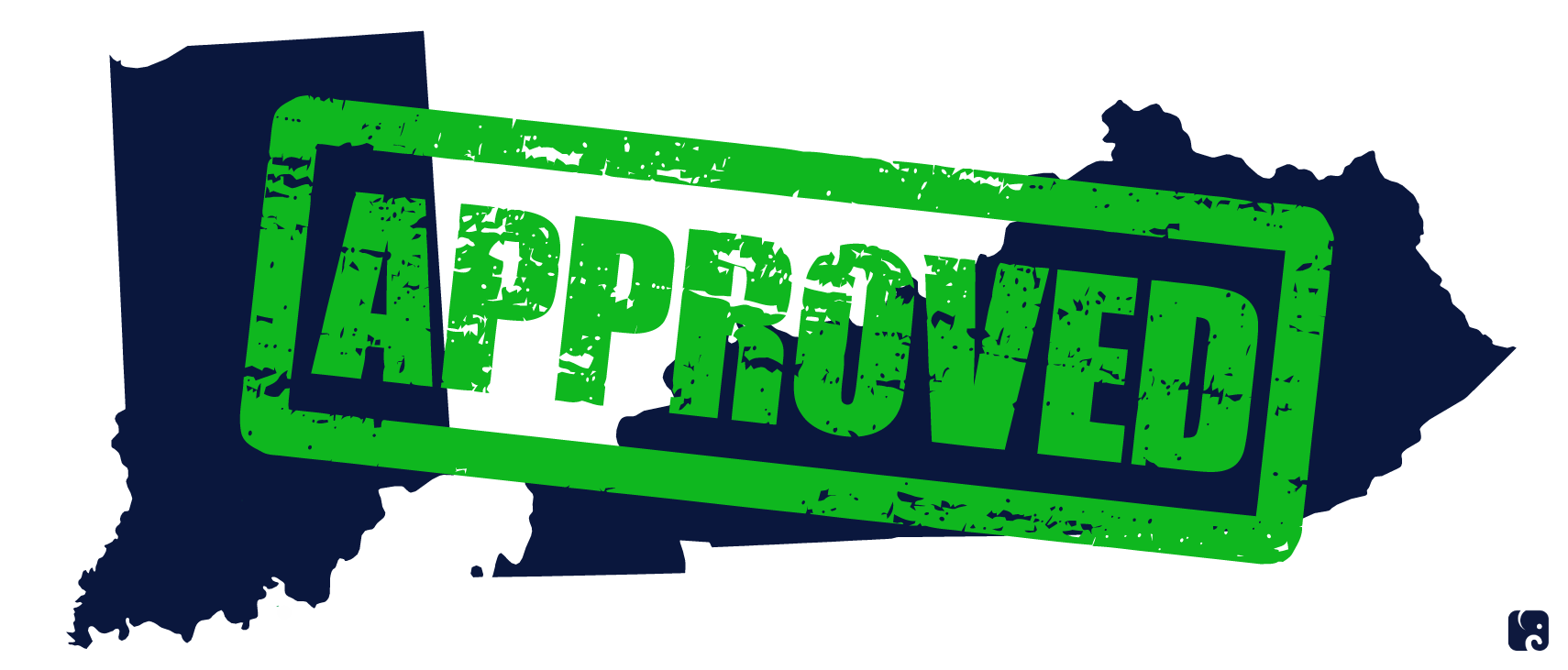Promoting State Flexibility in Medicaid
Key Takeaways
- In a significant departure from the previous administration, CMS is now giving states more flexibility to experiment with policies that help promote independence for certain Medicaid beneficiaries.
- CMS has already approved waivers that include work requirements in two states – nine more have requested similar waivers, which are pending.
- In addition to work requirements, states are pursuing other innovative policies, including premium contributions, time limits on coverage, drug testing, and incentives for healthy behaviors.
The Centers for Medicare and Medicaid Services released new guidance in January on requiring able-bodied adults on Medicaid to work or engage in other activities. The guidance will help states interested in testing these kinds of requirements to apply for a waiver. CMS’ willingness to allow states to experiment with these types of ideas in their Medicaid programs is a significant departure from the previous administration.
Waivers with Medicaid Work Requirements Approved by CMS to Date
CMS offers states more flexibility
Over the past year, CMS repeatedly expressed support for states to develop innovative ways to improve their Medicaid programs, including work requirements.
Waivers with Medicaid Work Requirements Pending
The Obama administration rejected past requests for state waivers that included imposing work requirements on the Obamacare expansion population. So far, HHS has approved waivers with work requirements for two states: Kentucky and Indiana. According to CMS, nine more have applications pending:
|
Arizona Arkansas Kansas |
Maine Mississippi New Hampshire |
North Carolina Utah Wisconsin |
In a Washington Post op-ed on February 4, 2018, following the approval of Indiana’s waiver, CMS Administrator Seema Verma wrote:
“The new flexibility requested by states will allow them to partner with us to help program beneficiaries live healthy, fulfilling lives as independently as possible. This administration stands for a policy that makes Medicaid a path out of poverty by empowering states to tailor programs that meet the unique needs of their citizens. We owe it to these Americans to try whatever may help them achieve the dignity and self-sufficiency they deserve.”
CHANGES ON THE HORIZON
CMS’ willingness to allow states to test different approaches for their Medicaid populations has been met with strong interest by states. Many are pursuing Medicaid changes that go beyond work requirements to promote independence for able-bodied adults. States have asked CMS to approve ideas like charging a monthly premium for certain beneficiaries; drug screening and testing; time limits on coverage; and healthy behavior incentives. Some applications have already been approved, and others are pending. Every state’s situation is different. The demonstration programs created through waivers allow states to take the approach that they feel best suits their needs.
LEGISLATIVE REFORMS STILL NEEDED
Waivers allow increased state flexibility in the Medicaid program. They do not, however, take the place of legislative reforms that are needed to properly address one of the fastest-growing entitlement program for both states and the federal government.
For states, Medicaid spending grew faster than all other spending areas in fiscal years 2016 and 2017. It accounted for an average of 29 percent of all state spending in fiscal year 2017.
Congress should consider Medicaid reforms similar to those debated during last year’s Obamacare repeal and replace debate. There is broad agreement that Medicaid’s open-ended funding formula should be changed. The Medicaid program is on an unsustainable path. Federal Medicaid spending is expected to increase from $368 billion in 2016 to $655 billion in 2027 – a 78 percent increase. Obamacare worsened this problem by expanding coverage to anyone earning less than 138 percent of the poverty level. In 2015, on average, an estimated 70 million people were enrolled in Medicaid. Allowing state flexibility legislatively – rather than administratively through the waiver process – would give states more certainty, confidence, and control over the reforms they seek for their Medicaid programs.
Next Article Previous Article


